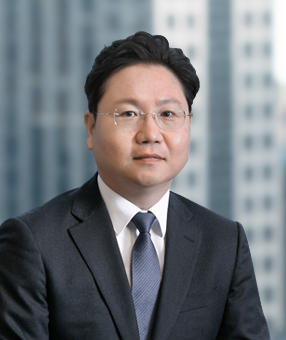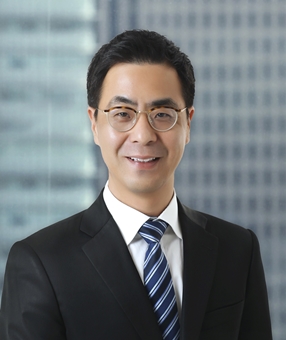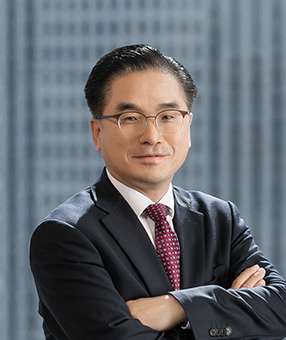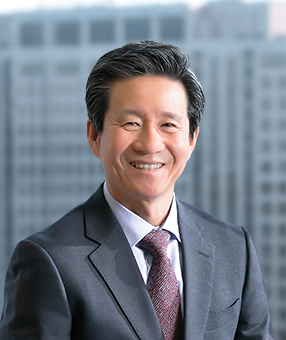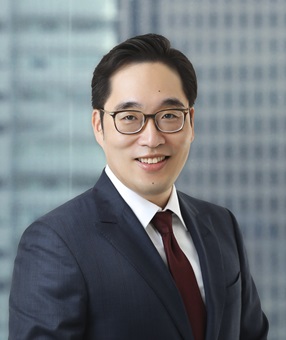On May 3, 2022, the Transition Committee announced “20 Promises to the Public” and “110 National Agenda” as roadmap to achieve the Yoon administration’s policy objectives. Previously on April 12, 2022, the Transition Committee had already announced a “Super-Gap” maintenance plan for the semiconductor industry, taking into account its economic importance and securement of supply chains, which provides a high-level glimpse into the Yoon administration’s policies on the semiconductor industry.
The National Agenda include most of President Yoon’s pledges made during the presidential campaign, reflect the new administration’s approach to the semiconductor industry from an economic security perspective, and clarify that the key to successful implementation of these objectives is to reduce unnecessary regulations, provide effective incentives for investment, protect cutting-edge technologies, and secure supply chains. Against this backdrop, the Yoon administration’s supporting plan for maintaining the ‘Super-Gap’ in the semiconductor industry can be summarized as follows.
Reduce Regulations on Factory Expansion & Provide Effective Incentives for Infrastructure, Investment, and R&D
The Yoon administration is expected to provide a substantial level of supports for domestic investments of the semiconductor industry in an effort to position Korea as a “Semiconductor Powerhouse.” To this end, it plans to expand supports for investments in system semiconductor equipment and expedite permit processes for large-scale semiconductor complexes under a unified system of the central government. Moreover, under the recently enacted Act on Special Measures Act for Reinforcement and Protection of National High-Tech Strategic Industry Competitiveness (the “National High-Tech Strategic Industry Act”), it plans to provide supports for the government’s R&D and promulgation of relevant policies.
In particular, the Yoon administration plans to provide financial supports for installation of electricity, industrial water, and infrastructure of new semiconductor manufacturing complexes and R&D centers, and has already undertaken initial steps to create the “K-Semiconductor Belt” surrounding Yongin & Pyeongtaek Semiconductor Clusters (expected to be the largest in the world).
It is also anticipated that the scope of tax deductions for facility investment into semiconductor technologies designated as National Core Technology will be expanded. Further, regarding separate 20% tax deductions for facility investments that the semiconductor industry requests, the Yoon administration has engaged in discussions with relevant Ministries, including the Ministry of Economy and Finance, such that the economic policy direction for 2nd half of 2022, to be announced in June, would include a basic plan for those separate tax deductions.
On the other hand, to centralize permit authorities of local governments and multiple Ministries, it will be necessary to amend various laws (e.g., Industrial Sites and Development Act, National High-Tech Strategic Industry Act) and negotiate with local governments. Therefore, it appears that it will take significant time to address these regulatory improvements.
Protect Cutting-Edge Technologies & Strengthen Cooperation System for Supply Chains (Strategic Cooperation with US)
The Yoon administration aims to facilitate cooperation with leading countries in semiconductor technologies such as United States, and promote investments by foreign corporations.
Regarding the National High-Tech Strategic Industry Act to become effective on August 4, 2022, the new administration is expected to enhance regulations on the semiconductor industry from the perspectives of export control, prevention of technology leakage, and security evaluation of foreign investment. For your information, the National High-Tech Strategic Industry Act is an overarching legislation to manage various regulations on specific technologies (e.g., semiconductor technologies) and to protect high-tech industries from the perspective of national/economic security, setting forth (i) restrictions on export of national core technologies, (ii) protective measures to prevent technology leakage, (iii) supports for industrial complexes dedicated to national core technologies, and (iv) supports for R&D and taxes on corporations with national core technologies.
Expand Support for Foundry Investment to Promote System Semiconductor & Boost Fabless Semiconductor Companies
The Yoon administration plans to promote demand-based businesses for AI semiconductor and power semiconductor, and support outstanding fabless semiconductor companies. In particular, the Yoon administration contemplates creation of demand-based businesses where vehicle manufacturers, part companies, and semiconductor companies cooperate with each other to develop AI/power semiconductor for autonomous vehicles, and provides supports to those selected promising fabless semiconductor companies such that they can grow into world-class companies.
Develop Talent Pool who Will Lead the Semiconductor Industry
To address a shortage of manpower (i.e., a chronic issue in the semiconductor industry), the Yoon administration plans to create an ecosystem for training the talented who will lead future strategic industries such as semiconductor. For example, it plans to designate universities specialized for semiconductor, increase the capacity of relevant departments, and promotes graduate schools specifically designed for AI semiconductor, power semiconductor, materials/parts/equipment, and package, etc. In addition, the Yoon administration is expected to implement training plans in accordance with industries’ demands, including “contract department” (upon completion of the department’s coursework, a sponsoring company guarantees jobs for students) and industry-university linked program.
Implications
Even under the private sector-driven economic growth policy, the Yoon administration plans to manage semiconductors as national security assets in consideration of the economic importance of the semiconductor industry and the security of supply chains, appoint semiconductor experts to those core Ministries, which will lead semiconductor policies, and provide full supports to them.
For example, Mr. Chang-Yang Lee, a professor of Economics and Public Policy at KAIST who is an industry policy expert with profound knowledge on relevant industries, was appointed as the Minister of Trade, Industry and Energy (the “MOTIE”), the key Ministry with jurisdiction over semiconductor-related policies. In addition, Mr. Jong-Ho Lee, a professor at the Department of Electrical and Computer Engineering at Seoul National University who is a renowned authority in the semiconductor industry, was appointed as the Minister of Science and ICT.
The new government's semiconductor policy requires further discussions, such as amending relevant laws and securing budgets. However, as the semiconductor industry has been selected as one of the areas for securing a “Super-Gap” in the future strategic industry of the MOTIE, it is expected that the new government will speed up the process, following the lead by the MOTIE.





